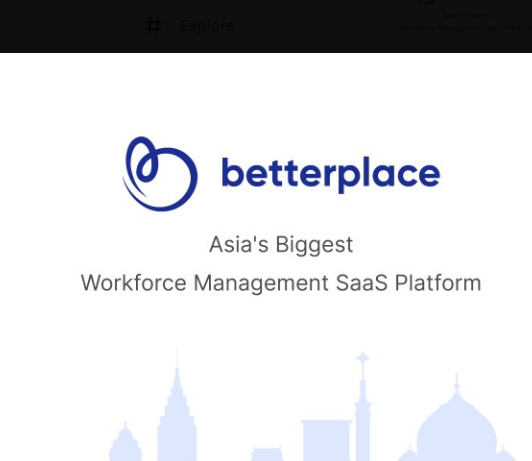Chennai, NFAPost: The COVID-19 led lockdown has intensified the domestic macroeconomic concerns on GDP growth, employment growth and demand-supply, says India Ratings and Research (Ind-Ra). The significant disruption and loss of economic activity across all the domestic sectors has led to a sharp downward revision in economic growth prospects for FY21.
Ind-Ra has already revised its GDP estimates for FY21 to 1.9%, lowest in 29 years (FY92: GDP grew 1.1%).
With a significant drop in the economic activity, Ind-Ra expects most sectors in India to experience varying degrees of revenue contraction during FY21, due to demand and supply disruptions. This presents fresh challenges for banks which over the last four years have been reeling under corporate stress, the agency said.
Banks faced elevated provisions resulting from the corporate stress cycle over FY16-FY20 and as per Ind-Ra’s estimates, banks had largely provided for the existing corporate stress and were progressing towards a more moderated credit cost cycle. However, the COVID-19 related measures are likely to result in another cycle of stress. Additionally, the pressure on non-corporate segments, which was already visible pre-COVID-19, is likely to intensify. Hence, as per Ind-Ra’s analysis, COVID-19 may drive total slippages of up to Rs 5.5 lakh crore (5.7%) in Ind-Ra’s post COVID-19 stress case.
Corporate Slippages of Rs 3.4 lakh crore in FY21:
Based on Ind-Ra’s vulnerability framework and corporate stress analysis of 30,000 corporates, the total corporate standard-but-stressed corporate pool may increase from 3.8% of the total bank credit as of December (pre-COVID-19 levels) 2019 to up to 6.6% under Ind-Ra’s post COVID-19 corporate stress case. The incremental stress is mainly from sectors including power, infrastructure, constructions, hospitality, iron & steel, telecom and realty. Out of this, the agency estimates corporates exposures of up to 3.2% of total bank credit are at a high risk of slippage.
Furthermore, the agency assessed the top 500 debt-heavy corporates (over 70% of corporate credit) spread across 35 sectors. As per Ind-Ra’s analysis, the discretionary consumer segment is likely to have a deep ‘U’ shaped recovery with recovery beginning in 1QFY22 than other three segments ‘essential, steady state & acyclical sectors’, ‘non-discretionary consumer goods & critical infrastructure’ and ‘industrial goods & services and cyclical sectors’ which are likely to recover at some points in FY21.
Slippages from non-corporate segments 40% of expected slippages:
In Ind-Ra’s view, the GDP slowdown due to the COVID-19 outbreak will aggravate the stress and slippages in the non-corporate segments – retail, agriculture and micro, small and medium enterprise segments. Ind-Ra expects about 40% of the incremental slippages could come from the non-corporate segments. The measures announced by the government as a part of Economic Package are mid- to long-term measures; hence, in agency’s opinion if these are implemented in a timely manner, it could aid materially to reduce the expected stress in micro, small and medium enterprises.
Ind-Ra believes the COVID-19 situation will significantly aggravate the stress in retail portfolio, specifically the unsecured portfolio; in the last 5 years, the delinquencies have increased by 50%.The impact could be higher especially for private sector banks whose unsecured retail portfolio accounts for 16.6% of the total bank credit as against 6.3% for public sector banks (PSBs).
Credit costs may increase up to 2.8% for the system:
The pre-COVID credit costs estimates for FY21 show an increase up to 60%, which would bring the profitability of most PSBs under pressure for FY21. The credit costs for the system thus could increase up to Rs 2.7 lakh crore in FY21; around 70% of which could be attributed to PSBs. If the accelerated provisioning regime is reinstated, then there could be additional credit costs of 0.3%-0.6%. This could require the government to infuse additional capital into PSBs.
Capital Infusion Requirement of Rs 30,000 crore-Rs 55,000 crore into PSBs:
In Ind-Ra’s analysis, the capital requirement under the benign provision regime for PSBs would range from Rs 30,000 crore- Rs 55,000 crore; this also factors in the volatile markets for additional tier 1 bonds and hence limited traction in the same. If the accelerated provisioning regime is reinstated, then the capital requirement could further increase up to Rs 40,000 crore to maintain Tier 1 capital of 10%, which is 50bp higher than regulatory requirement that comes into action post September 2020.





